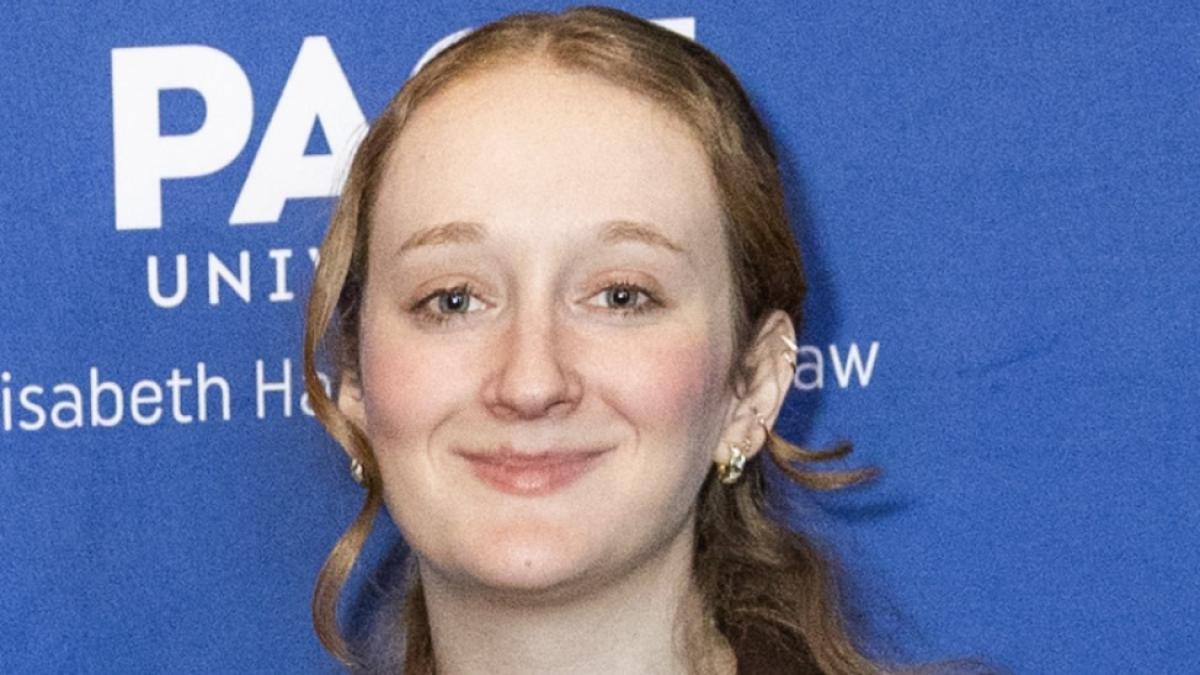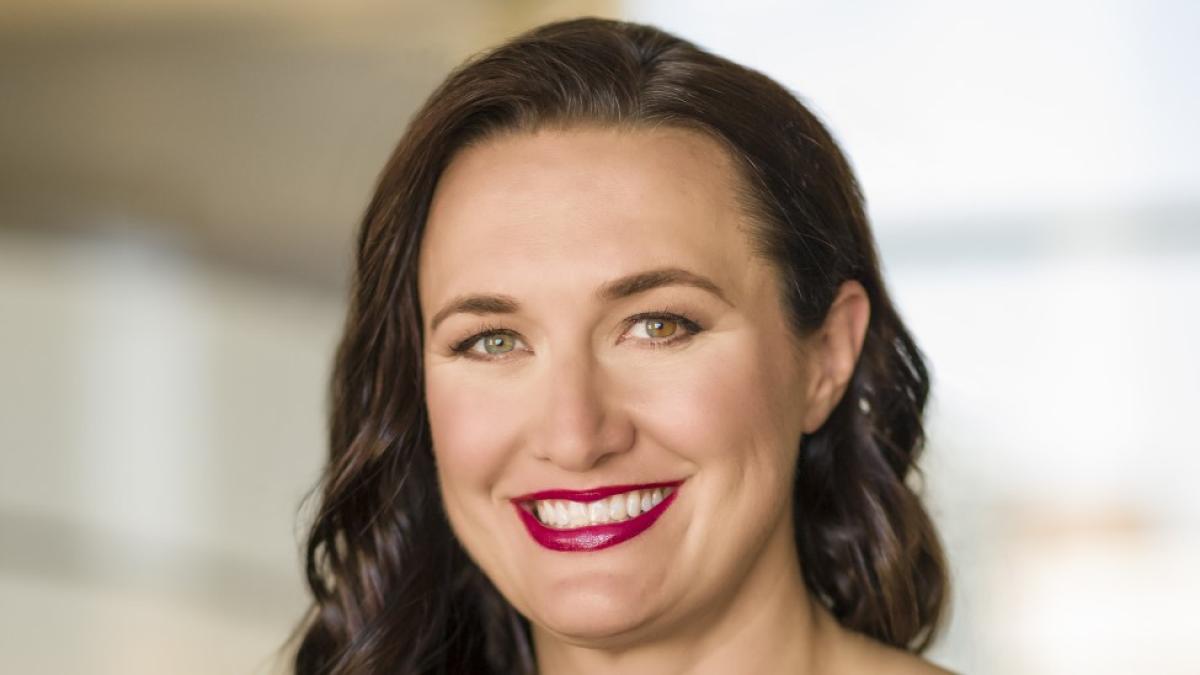As Compliance Counsel at Wine.com, Elisabeth Haub School of Law at Pace University alumna Brigid O’Hara ’20, shares that her experience with the Food and Farm Business Law Clinic at Pace Haub Law played a significant role in shaping the career she has today.
Haub Alumni of the Month: Lisa Denig
In 2019, Lisa Denig was appointed Special Counsel for Alternative Dispute Resolution (ADR) Initiatives for the NYS Office of Court Administration, overseeing one of the most innovative programs to date in the New York Court system: the creation and implementation of Chief Judge Janet DiFiore’s initiative, the New York State Presumptive ADR Program. The Presumptive ADR Program was implemented in all five boroughs in addition to three specialty courts inside New York City. A certified mediator herself, Lisa is a strong advocate for requiring early ADR in civil court cases and strongly believed in and advocated for the initiative long before it came to fruition.
Lisa notes, “In order to implement this program properly, I had to meet with bar associations, ADR groups and other stakeholders to incorporate them into the new program as well as provide the necessary training opportunities for court staff and outside lawyers. I worked with numerous committees to create rules, templates, develop a data tracking system, along with evaluation forms so we could actually see how the newly instituted program was working and report this to the Chief Judge.”
The program was a success, but it was an uphill battle at times. When asked about one of the biggest challenges she faced, Lisa answered: diversity. “I knew that there would be a diversity issue in the pool of mediators, but did not realize how serious it was. On the first day the mediation program was rolled out in New York City Civil Court, we had four cases that were amenable to mediation-all of whom spoke Spanish-and one Spanish interpreter. This brought home the issue of culture and diversity in mediation as well as all the concerns about access to justice that such challenges raise. From there, I made it a point to promote mediation trainings for diverse attorneys, connect with affinity bar associations, and more.”
Due in part to Lisa’s work, ADR plans were created that require litigants to attempt some form of ADR early in the stages of a civil case. The required ADR may include settlement conferences with judges or court staff, mediation, arbitration, or summary jury trials. Statistically speaking, the NYS Presumptive ADR Program is massive; Lisa notes that it deals with “over 1 million civil filings per year and more than 800,000 of those are in New York City alone.”
Last year, in honor of her work advancing the Presumptive ADR Initiative, Lisa was recognized as one of New York Law Journal’s Attorney Innovators of the Year. “Not long ago, settlement or mediation were thought of as secondary to years of discovery, enormous cost outlays, and time spent on trial preparation. That is no longer the case. Today, attorneys come prepared-at the preliminary conference - to discuss alternative ways to resolve their case. Alternative dispute resolution is not the wave of the future, it is the present.”
After serving as Special Counsel for ADR Initiatives for two and a half years, Lisa recently accepted a position as Counsel to New York State Chief Judge Janet DiFiore. Although her role has expanded, Lisa remains the Chief Judge’s liaison to the Presumptive ADR Initiative, giving her the opportunity to remain active in the programs she spent years building. Previously, Lisa spent nearly eight years at the Westchester County District Attorney’s Office in a variety of roles.
Lisa, who is an active member of Haub Law’s advisory board, the Board of Visitors, recalls fond memories of her time at the law school, which set her on the path for ADR success. “Pace gave me the tools I needed for a successful legal career after law school,” she said. “I loved my time as a law student and I continue to remain involved with the school. The best advice that I could give any current or future law student is to get involved and network – this will open up more doors than you could imagine.”


